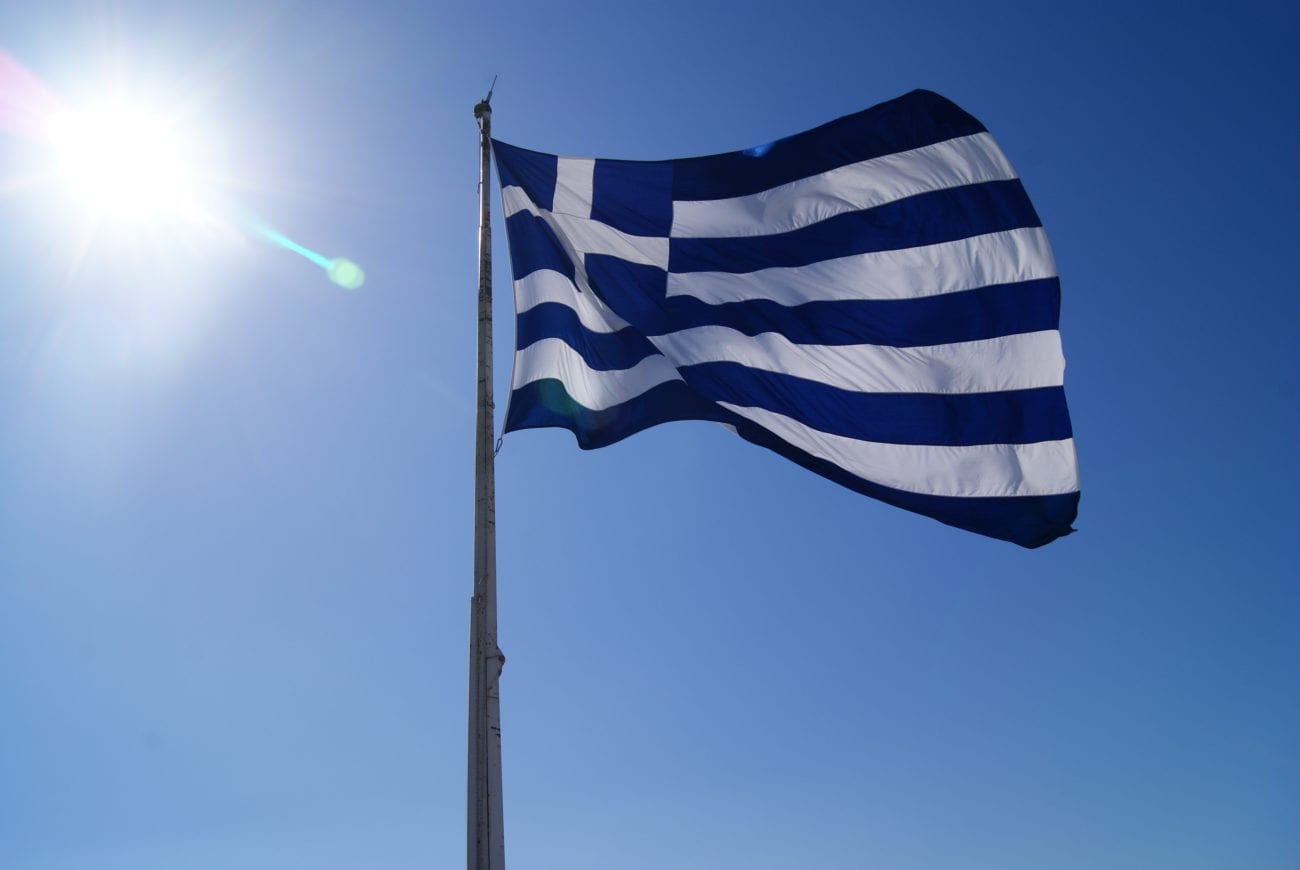IBIA criticises Greek regulatory costs and age restrictions

The International Betting Integrity Association (IBIA) has attacked the Greek government’s plans to set a 35% gross gaming revenue tax rate for operators, and queried the decision to restrict online play to those aged 21 and above.
In its response to the gaming regulations and technical specifications, which were submitted to the European Commission in December 2019 and subject to a standstill period that ended 1 April, IBIA said it welcomed the decision to update the country’s regulatory framework.
However, it went on to raise concerns about the proportionality, effectiveness and the underlying reasoning behind some of the proposals, as well as the impact of a high tax rate and licence fees.
“While IBIA welcomes aspects of the regulations, most notably the general opening the market and the ability for all betting operators to apply for a licence and to operate in Greece, the association contends that there is clear evidence from other jurisdictions that the approach proposed will in fact deter many betting operators from being licensed in the market,” it said.
In particular, the 35% tax rate was seen as a deterrent to prospective licence applicants, with the IBIA pointing out that levels of taxation had a direct impact on the rate of consumer activity channelled into legal outlets.
Markets that set tax rates between 10% and 20% of GGR tend to have high levels of channelling, it said, not to mention larger numbers of licence applications as well as the choice and competition to attract and retain consumers.
Sweden, for example, set its tax rate at 18% of GGR, and had 87 licence applications approved by August 2019, including 45 for sports betting.
Furthermore, IBIA continued, the €3m licence fee could prove prohibitive for operators. This would ultimately contribute to undermining channelling efforts it warned.
The integrity monitoring body went on to query the potential product restrictions and age limits set out in the regulations. Currently betting exchanges are banned, and certain bet types can only be offered with permission from the Hellenic Gaming Commission. This again could prompt players to look to the unregulated market to gamble.
Online gambling, meanwhile, will be limited to those aged 21 and over, whereas almost all other European markets set an 18 and upwards limit, with exceptions for online casino in Belgium, Estonia and Lithuania.
This was effectively discriminatory, IBIA pointed out, as Greece’s former monopoly operator OPAP is permitted to accept bets from those aged 18 and above in its retail network.
“There is clear evidence that a limitation on choice and competition in general will not sufficiently meet the needs of modern-day consumers who are able to readily access products in other markets,” IBIA explained. “Operators in those other markets will be operating in a more fiscally advantageous framework and will be able to offer consumer more favourable product prices and choices.
Finally, IBIA queried a “worrying” lack of integrity monitoring provisions in the legislation.
“Maintaining the integrity and credibility of the market is of paramount importance,” it said. “IBIA understands that Greece is considering ratifying the Council of Europe Convention on the Manipulation of Sports Competitions, which is welcome, but integrity provisions can and should be placed in the regulations in line with the Convention and other best practice models.”
The regulations also impose strict conditions for online casino, including a €2 maximum slot stake, with prizes capped at €5,000, and a €50,000 limit for jackpot games.
Further draft technical regulations, alongside the core regulatory overhaul, focused on suitability requirements, promotional activities and the management of central information systems have also been filed with the European Commission. These are subject to standstill periods running until May or June.
The temporary licences issued to a number of operators in 2011 were set to expire from 31 March. However, the Hellenic Gaming Commission has allowed these businesses to continue operating in the market, provided they filed applications for licences under the new framework by that date.
